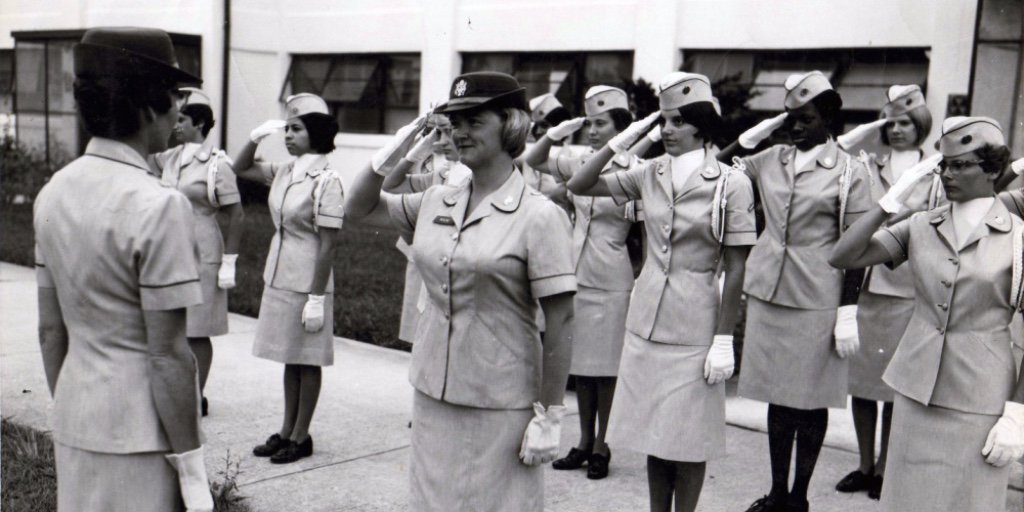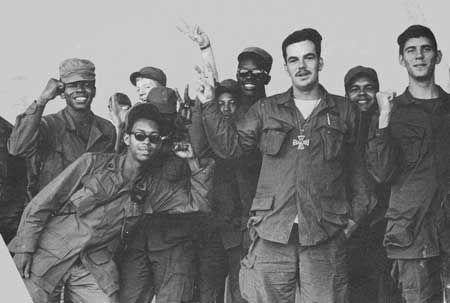However, as a result of this extensive narrative that they have created, the voices of many others drastically affected by the war have been marginalized and suppressed. The only perspectives in which Vietnam is perceived is through what Esperitu identifies as a "damaged-centered" point of view. This viewpoint reinforces the dominant stereotype that we are merely a "depleted, ruined, and hopeless" community and are "only lives to be saved" by the "beneficial United States".
For too long the U.S. has actively rewritten the narrative of the war and silenced the respective communities drastically affected by the war. I believe this heavily connects to this week's theme of "Our Past is Our Present" because throughout our hxstory this U.S. standpoint has dominated over every other perspective and narrative. As a result, present day points of view are still heavily influenced by the narrative that the U.S. has enforced. I think it is time that communities, especially those effected by the war, stand in solidarity with one another to rewrite our story of the war that is a product of the numerous voices and stories that for so long have been silenced. Communities can create a new illustration of the war that is inclusive of a wider variety of voices - voices of diverse vets, such as the many African-American and Chicanx soldiers who fought in the war, the many womxn who served as nurses, and the heavily effected SEA communities.


For my post this week I wanted to include images of folx involved in the war, however, during the process of looking up photos and interviews, I noticed that I predominantly only saw Caucasian folx or Vietnamese soldiers. There are abundances of affected groups; including, but absolutely not limited to; African-American and Chicanx soldiers and nurses, who were a key part of the war that were not represented. It is because of this that I wanted these two groups to be represented in my post in the form of images.
A question I have this week is based on the "concept" of how the U.S. rejected any perspectives that perceive them as "bad". They reject any narratives that illustrate them in a negative light, and it is because of this that I wonder, how can folx fight against this and encourage communities to speak out so that their narratives can be heard, regardless of whether or not it clashes with the narrative that the U.S. presently holds?
Sources:
I was unable to develop proper citings for my images this week as a result of lack of information, however below I will provide of link from which I was able to save the photos from:
https://twitter.com/wimsatweets/status/1143896900875292677?lang=fr
https://libcom.org/history/1961-1973-gi-resistance-in-the-vietnam-war
No comments:
Post a Comment